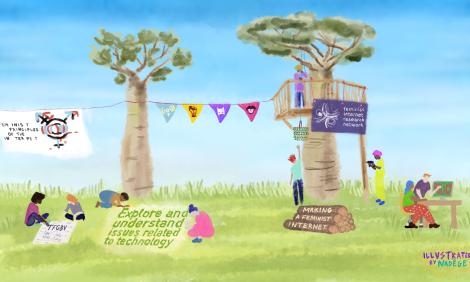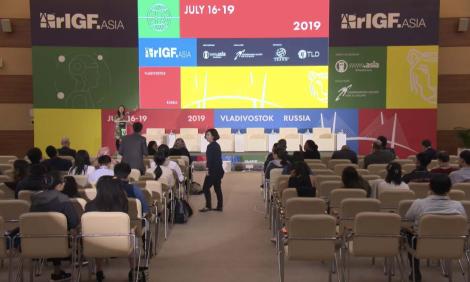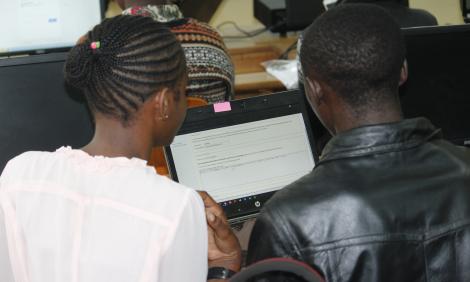
In depth
Why feminist research is necessary to address technology-facilitated gender-based violence: Recommendations and way forward
In spite of expanding awareness on online and technology-facilitated gender-based violence, there has only been an increase in the violence online in the last decade. Feminist research on the internet and digital technology show that there is a need for us to push for national and international instruments and transnational commitment to addressing the ongoing experiences of violence while…

Feminist talk
Advocating for better ICT laws at the Asia Pacific Internet Governance Forum
The Asia Pacific Internet Governance Forum just completed in July 2019 and it took place in Russia. There were very few sessions that dealt with either gender or human rights and none that addressed sexuality. At one session there were discussions on the ICT related-laws and particularly on the broad and unclear provisions that deal with online censorship.

In depth
Private Parts: Obscenity and Censorship in the Digital Age
Between right-wing governments and corporate capture of online spaces, there are interesting shifts in how sexuality is censored and governed online and offline. This article looks at the reach and over-reach of laws related to obscenity and censorship in South Asia and the impact that has had on free speech around sex, sex work and sexuality.

In depth
“Our Constitution is Strong”: Straight Digital Discourse and Disremembered Queer Accounts
What does it mean to rise to the surface of people's attention briefly because of violence done to your body, harassment, dispossession and precarity, only to be replaced the next day by the next trending hashtag? This article explores the limits of straight discourse online and the convenient elision of queer accounts and issues.

In depth
“It made me despise the world of technology”: Interview with Iranian queer feminist Shadi Amin
Shadi Amin, an Iranian queer feminist and writer, became the victim of an online defamation campaign that left her with no recourse. The allegations of rape, abuse, bullying and money laundering wrecked Amin's life and in this interview with Shreya Ila Anasuya, Amin describes the ways in which the attack took place and what happened after.
Feminist talk
Online Abuse: A Monster that Silences and Curtails Women's Rights Online
Online abuse and harassment prevents women from realising their full rights online. In this article we look at specific instances of harassment of women online in Ghana, and what needs to be done to ensure full and meaningful internet access for women.

Feminist talk
Netwoman: Policy and safer internet spaces for women
In Tanzania, even as access to internet has brought changes to the lives of people, there is still a lot to be done to get everyone connected and at the same time ensuring good policies to lay the ground for a safer internet. Rebecca explores legal options to the non consensual sharing of intimate images of women in the country.

In depth
Sexual assault and digital evidence in India (Part 2): Your right to privacy versus the right to complain
In the second and last part of this in-depth article, the author unpacks the persistence of rape myths in judicial reasoning, even veiled under the promises of neutrality and accuracy of digital evidence.

In depth
Sexual assault and digital evidence in India (Part 1): Is electronic data determining whether a woman has been raped or not?
This insightful piece highlights how digital evidence is overwhelming the legal and judicial imagination by looking specifically at cases of rape trials in India.

Feminist talk
Finding the Pleasure Point in Internet Policy Spaces
For some of us pleasure in our work is possible, even if it is to find the breaking and bending points in the institutions of policy and law. But even though political and particularly feminist frameworks make space for pleasure, where is the space for that in legal or policy language at the international or national level?





